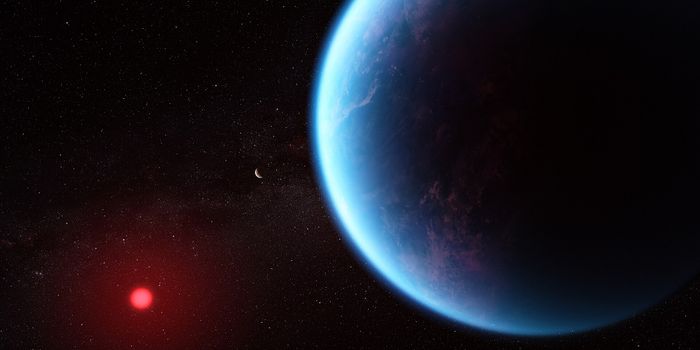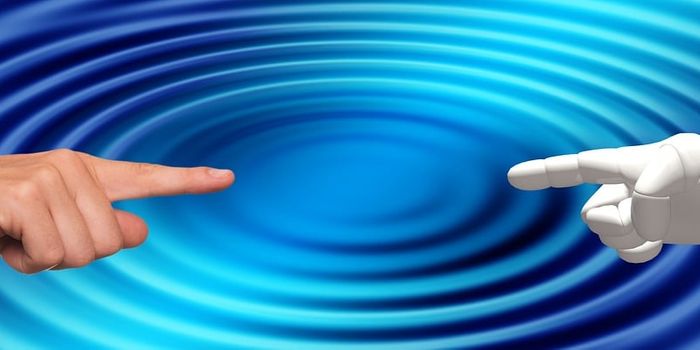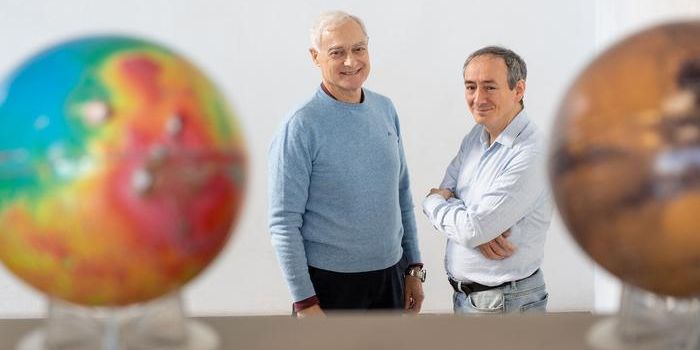AI Tool Aims To Help Apps Drain Less Battery
Not all apps are created equal. There are many apps devoted to one purpose, such as sending a text message or editing a video but have varied in battery usage. For example, sending a message through Skype can drain over three times more battery than WhatsApp. To reduce battery usage, researchers are developing ways to make apps more energy-efficient.

Specifically, developers at Purdue University have created a tool called "DiffProf” which was announced at the 13th USENIX Symposium on Operating Systems Design and Implementation to utilize artificial intelligence in order to automatically decide for the developer if a feature should be altered for less battery usage. "What if a feature of an app needs to consume 70 percent of the phone's battery? Is there room for improvement, or should that feature be left the way it is?" says CEO and co-founder of Mobile Enerlytics, LLC., Y. Charlie Hu.
The Hu lab, in 2012, was the first to create a tool for developers that can allow them to identify issues in source code responsible for an app’s battery drain. "Before this point, trying to figure out how much battery an app is draining was like looking at a black box," explains Hu, a professor of electrical and computer engineering. "It was a big step forward, but it still isn't enough, because developers often wouldn't know what to do with information about the source of a battery drain."

If the developers are implementing the same task for two app’s then it does not always indicate that the code can run the same for both of them to apps. For DiffProf, it will aim to catch these differences between the codes of two apps. This will reveal how to rewrite an app that can drain less battery. "Ultimately, in order for this technique to make a big difference for an entire smartphone, all developers would need to make their apps more energy-efficient," says Abhilash Jindal, former Ph.D student in computer science at Purdue University and a fellow co-founder of Mobile Enerlytics. "The impact also depends on how intensively someone uses certain apps. Someone who uses messaging apps a lot might experience longer battery life, but someone who doesn't use their messaging apps at all might not”.
Source: ScienceDaily








